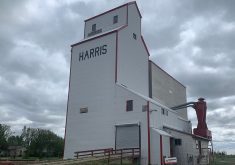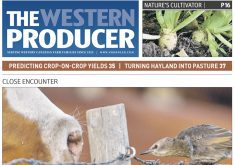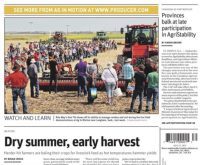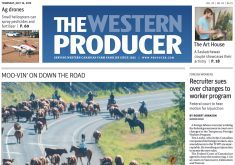For the next year, this column will mark The Western Producer’s 100th anniversary by taking a deep dive every week into a past issue of the paper.
The fight over the Canadian Wheat Board was heating up in 2007 with the Conservatives under Stephen Harper in power.
The party would eventually dismantle the wheat board’s marketing monopoly once it won a majority in 2011, but for now, the minority government was planning to move barley to the open market.
Read Also
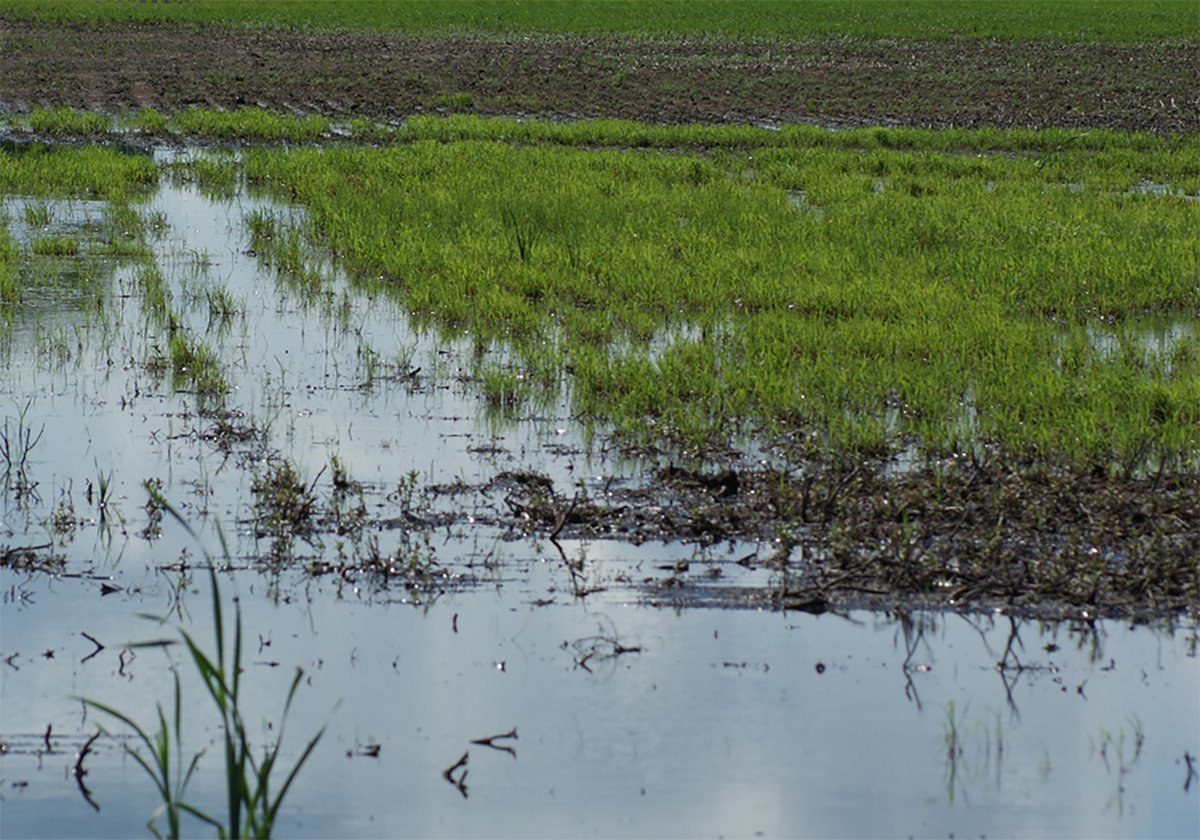
Topsy-turvy precipitation this year challenges crop predictions
Rainfall can vary dramatically over a short distance. Precipitation maps can’t catch all the deviations, but they do provide a broad perspective.
A story in the June 21, 2007, issue reported that farmers who opposed the move had asked the Federal Court to hear their case by mid-July, but the government said it would go ahead with its plans effective Aug. 1.
The debate took on a partisan flavour after NDP governments in Manitoba and Saskatchewan kicked in $20,000 and $30,000, respectively, to the Friends of the Canadian Wheat Board to help with the legal challenge.
The federal agriculture minister said the contributions undermined the argument that this was a fight by grassroots farmers, and that it was the latest example of the alienation of the NDP on the Prairies from its traditional rural base.
Meanwhile, the Saskatchewan NDP government, which would be defeated that fall, announced a climate change policy that called for a 32 per cent reduction in greenhouse gas emissions by 2020 and an 80 per cent reduction by 2050.
The opposition Saskatchewan Party didn’t criticize the policy, other than chastising the government for developing it so late.
“Good for Lorne Calvert for bringing out a plan now, but I don’t see that it has been a priority in his mandate to date,” said environment critic Nancy Heppner.
The Saskatchewan government’s plan called for carbon dioxide capture and storage in the oil, gas and electrical sectors and more renewable energy, including wind, solar and biofuel.
There were also stories about labelling genetically modified food, the threat of ticks to farm dogs and concerns that Canada was falling behind the United States and Europe in biofuel production.
As well, anthrax was killing cattle in Saskatchewan and Manitoba following record deaths in Saskatchewan the previous year.



